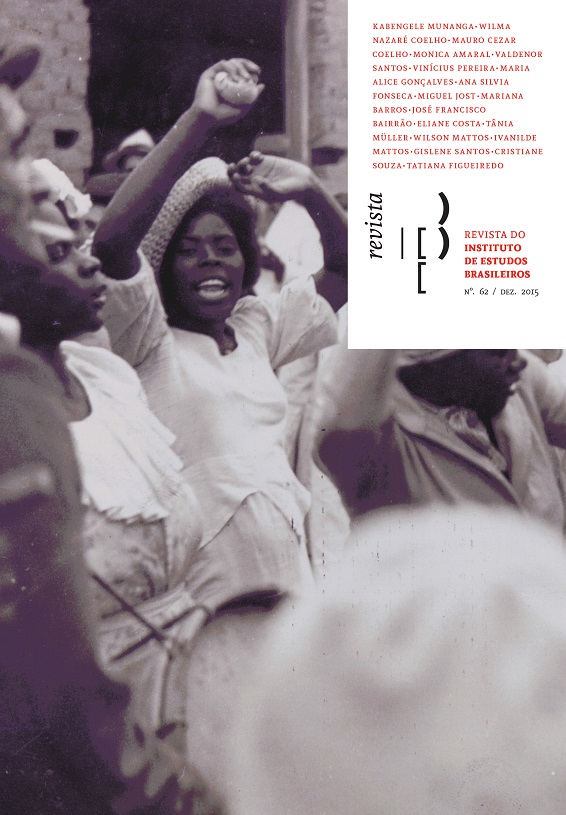Capoeira, heiress of the black diaspora in the Atlantic: from criminal Arts to an instrument of education and citizenship learning
DOI :
https://doi.org/10.11606/issn.2316-901X.v0i62p54-73Mots-clés :
capoeira, black resistance, denied history, ancient and contemporary culture, culturally relevant education.Résumé
The article presents capoeira, a brazilian martial arts combined to dancing, as an aesthetic and struggling expression that goes back to the African-Brazilian ancestry, which is able to transmitting through its movements and its music denied contents of history and black culture in Brazil. It gives salience not only to the importance of its recognition as a profession, but also as its historical, cultural and policy for the learning of new generations. Discussions on issues such as the struggle for recognition, supported by Axel Honneth and the Brazilian phenomenology, by Vilém Flusser, as well as the history of the enslaved and their resistance struggles mainly in the late nineteenth century, founded the paths taken in the workshops of capoeira in the classroom. The idea is presenting capoeira as a living and current example of African-Brazilian tradition for a culturally relevant education.##plugins.themes.default.displayStats.downloads##
##plugins.themes.default.displayStats.noStats##
Téléchargements
Publiée
2015-11-13
Numéro
Rubrique
RIEB010
Licence
- Todo o conteúdo do periódico, exceto onde está identificado, está licenciado sob uma Licença Creative Commons do tipo atribuição CC-BY.
Comment citer
Amaral, M. G. T. do, & Santos, V. S. dos. (2015). Capoeira, heiress of the black diaspora in the Atlantic: from criminal Arts to an instrument of education and citizenship learning. Revista Do Instituto De Estudos Brasileiros, 62, 54-73. https://doi.org/10.11606/issn.2316-901X.v0i62p54-73



